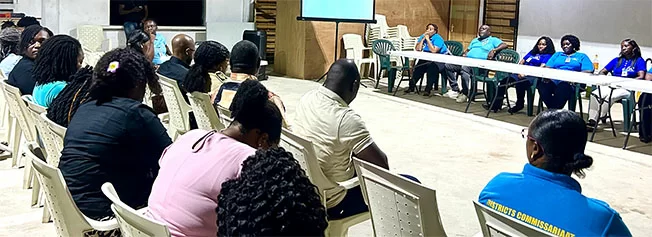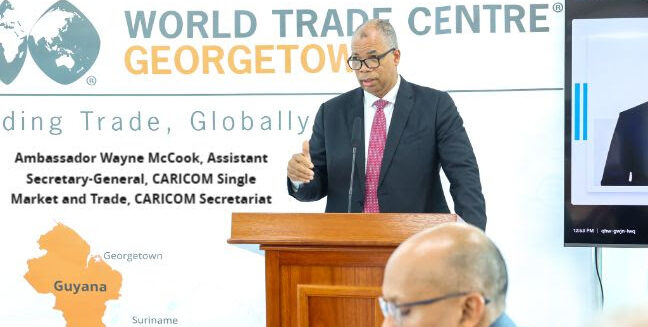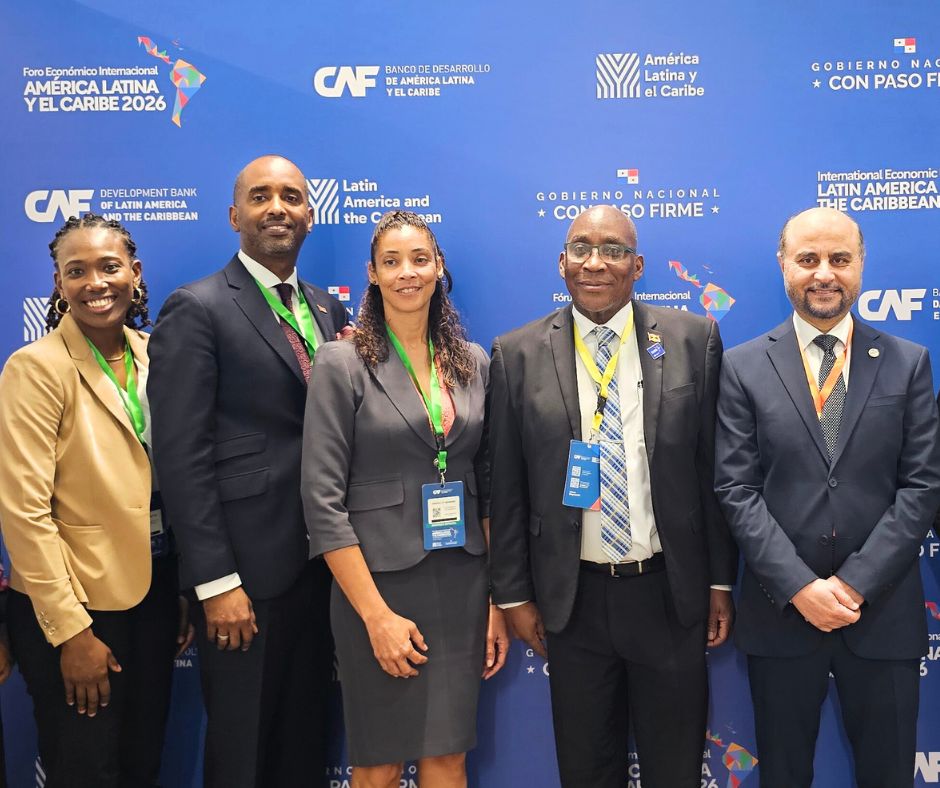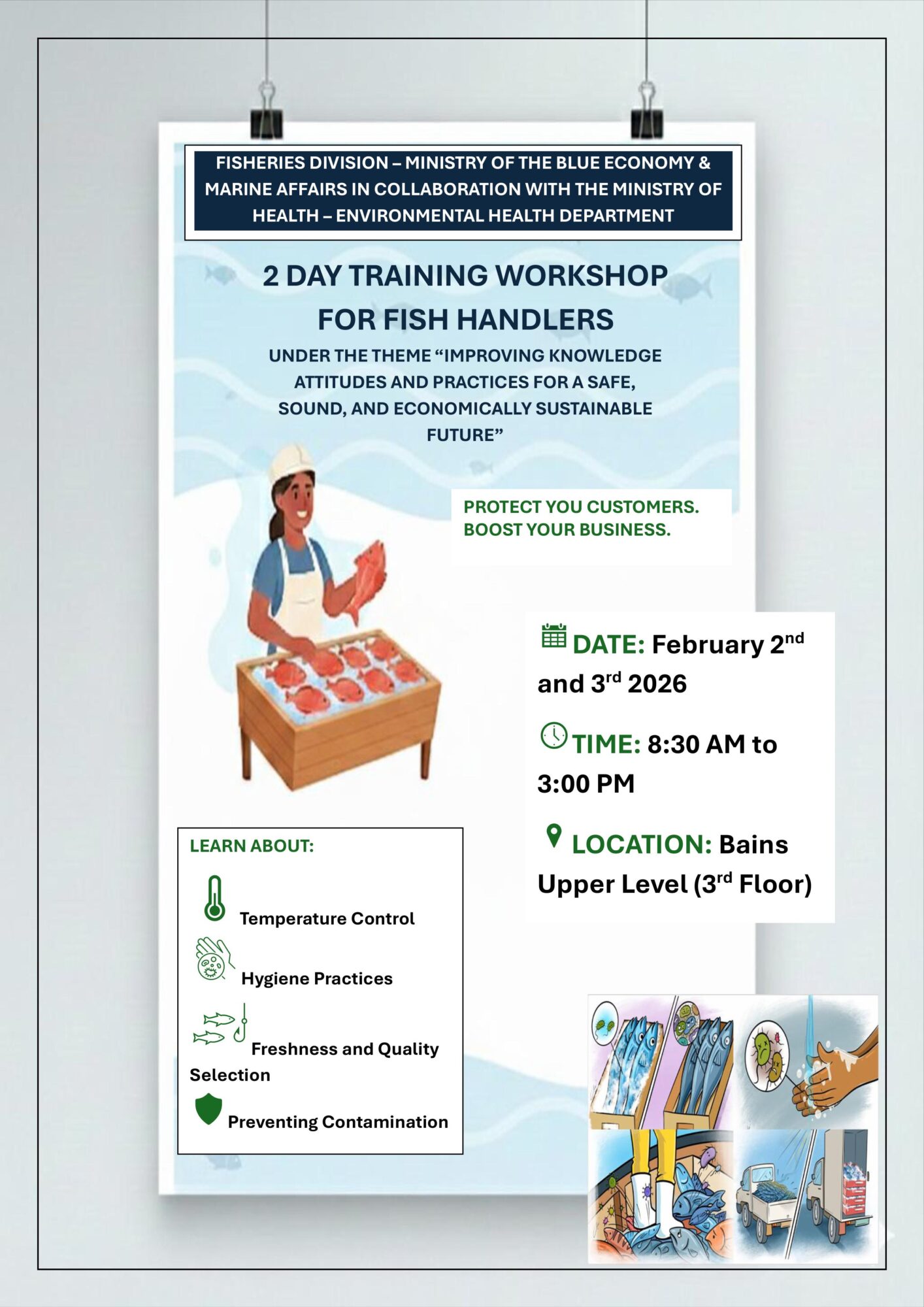Belize has embarked on a transformative renewable energy journey with the official launch of a major solar power initiative spearheaded by Belize Electricity Limited (BEL). In collaboration with the Government of Belize and supported by the International Finance Corporation (IFC) of the World Bank Group, the project aims to develop up to 80 megawatts of utility-scale solar capacity across multiple locations nationwide.
The groundbreaking initiative commenced with a Request for Prequalification process, inviting experienced private-sector developers to participate in constructing large-scale solar photovoltaic facilities. BEL is leading this ambitious undertaking in partnership with the Ministry of Public Utilities, Energy and Logistics, marking a significant step in the country’s transition toward clean and sustainable energy infrastructure.
Technical and advisory support is being provided by the IFC under the World Bank Group’s Scaling Solar program, which promotes transparent and competitive renewable energy development. This assistance is funded through contributions from the Government of Japan and the Global Infrastructure Facility, ensuring international expertise and financial backing for the project.
The solar developments will operate under an Independent Power Producer framework, where private developers will assume responsibility for designing, financing, constructing, owning, operating, and maintaining the solar facilities over a 25-year period. These independent producers will supply generated electricity directly to Belize’s national grid, creating a sustainable public-private partnership model.
This strategic move follows recommendations outlined in Belize’s Least Cost System Expansion Plan, which addresses the nation’s growing electricity demands while prioritizing increased utilization of local renewable resources. The solar initiative directly supports Belize’s ambitious national target of achieving 75 percent renewable electricity generation by 2030, reducing dependence on imported power, and enhancing overall energy security and grid reliability.
The prequalification process represents the initial phase of a competitive selection procedure, with only companies meeting stringent technical and financial criteria advancing to submit comprehensive proposals in subsequent stages. Complete details regarding the prequalification requirements and process are available through BEL’s official channels, with both BEL and the Government of Belize actively encouraging qualified international and domestic developers to participate in this landmark energy transformation project.









